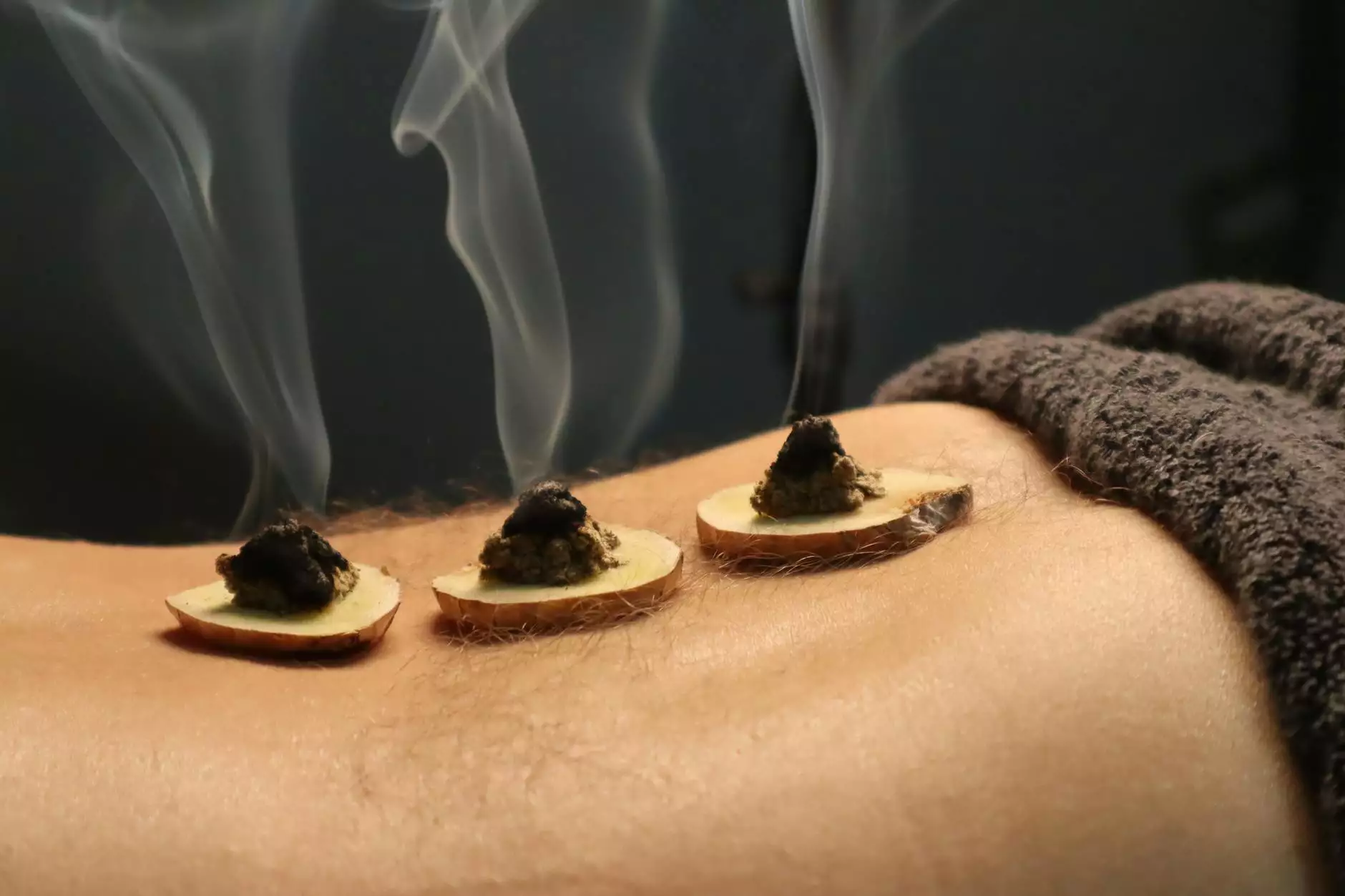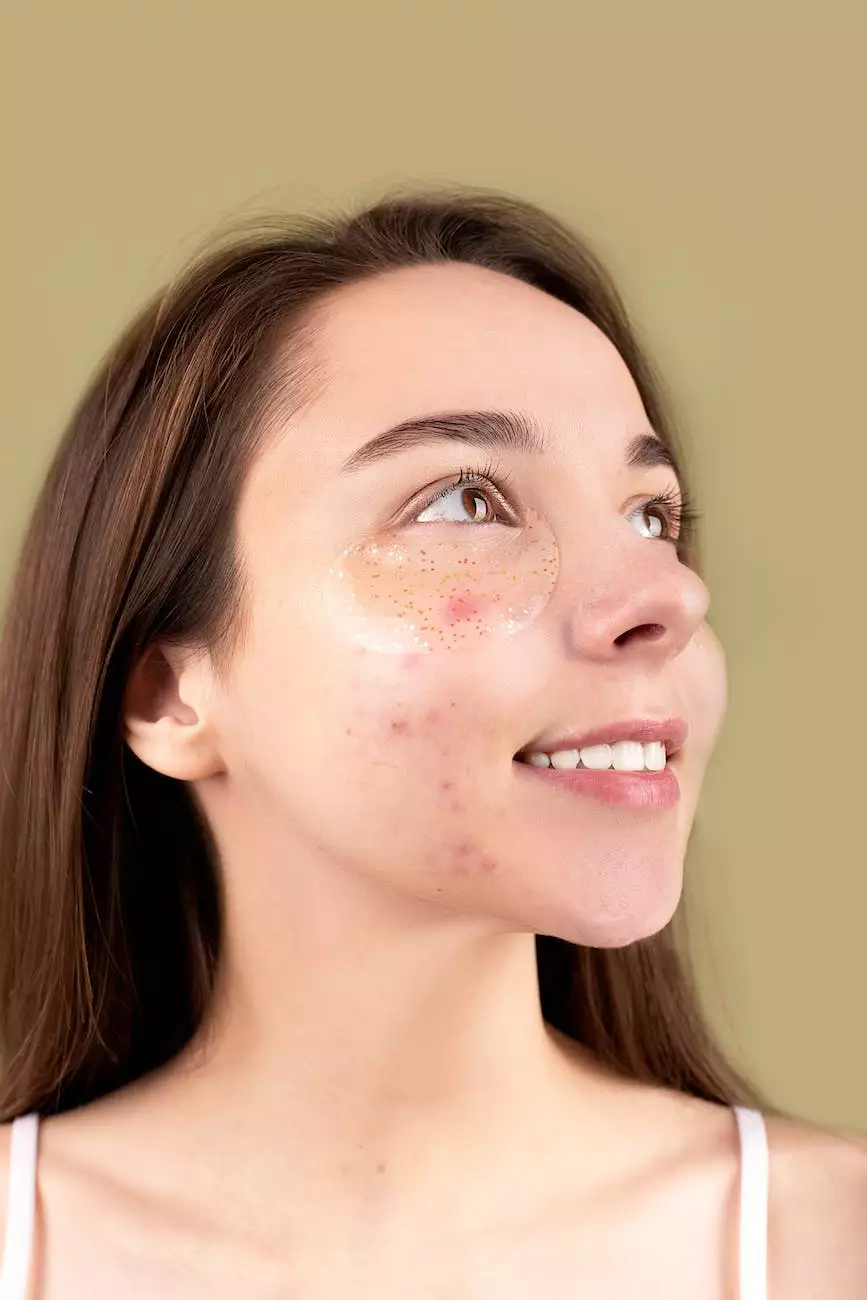Psoriasis: Causes, Symptoms, and Treatment

Introduction
Welcome to the page dedicated to psoriasis, a chronic skin condition that affects millions of people worldwide. Here at Smith, Arthur F, MD, we aim to provide you with comprehensive information about psoriasis, including its causes, symptoms, and treatment options.
Understanding Psoriasis
Psoriasis is a non-contagious autoimmune disease that primarily affects the skin. It occurs when the immune system mistakenly identifies healthy skin cells as harmful substances and triggers an accelerated production of new skin cells. This rapid cell turnover leads to the buildup of thick, red, and inflamed patches of skin.
Causes of Psoriasis
The exact cause of psoriasis is still unknown, but it is believed to be a combination of genetic, environmental, and immune system factors. Family history of psoriasis, stressful life events, certain medications, infections, and smoking are some of the known triggers that can exacerbate the condition.
Common Symptoms
Psoriasis can manifest differently in each individual, but some common symptoms include:
- Red, inflamed patches of skin covered with silvery scales
- Dry and cracked skin that may bleed
- Itching, burning, or soreness of the affected area
- Thickened and pitted nails
- Stiff and swollen joints
Treatment Options
At Smith, Arthur F, MD, we understand the physical and emotional impact that psoriasis can have on your daily life. Our team of experts is dedicated to providing personalized treatment plans to manage and alleviate your psoriasis symptoms.
Medications
Topical medications, such as corticosteroids and retinoids, are commonly used to reduce inflammation and promote skin cell turnover. For severe cases, systemic medications or biologic drugs may be prescribed to target the underlying immune system response.
Lifestyle Changes
Adopting a healthy lifestyle can greatly improve the management of psoriasis. Regular exercise, a balanced diet, stress reduction techniques, and quitting smoking are essential in reducing the severity and frequency of flare-ups.
Phototherapy
Phototherapy involves exposing the skin to ultraviolet light under medical supervision. This controlled exposure can help slow down the rapid cell turnover and reduce inflammation.
Supportive Therapies
Complementary therapies, such as moisturizers, coal tar preparations, and salicylic acid, can be used alongside other treatments to soothe the skin, remove scales, and relieve itching.
Expert Advice from Arthur F. Smith, MD
Arthur F. Smith, MD is a renowned dermatologist with years of experience in treating psoriasis. Dr. Smith emphasizes the importance of early diagnosis and a multidisciplinary approach to psoriasis management. He believes that a combination of medical treatments, lifestyle modifications, and ongoing support can make a significant difference in the lives of psoriasis patients.
Personalized Care
Dr. Smith and his team are committed to providing individualized care tailored to your unique needs. By thoroughly assessing your condition and understanding your medical history, they can develop a personalized treatment plan that maximizes results.
Ongoing Support
Psoriasis is a chronic condition that requires long-term management. Dr. Smith and his team will be there with you every step of the way, regularly monitoring your progress and adjusting treatments as necessary to ensure optimal outcomes.
Contact Us
If you or a loved one is struggling with psoriasis, don't hesitate to reach out to us at Smith, Arthur F, MD. Our compassionate team is here to support you on your journey to healthier skin and a better quality of life.
Disclaimer: The information provided on this page is for educational purposes only and should not be considered medical advice. Please consult with a qualified healthcare professional for proper diagnosis and treatment.




